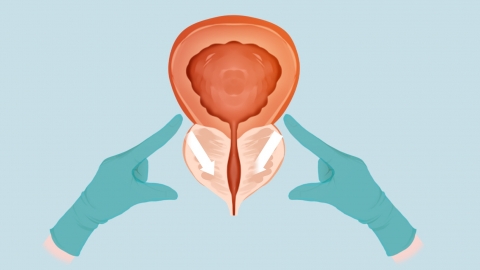Is benign prostatic hyperplasia with calcification serious?
Generally, prostatic hyperplasia with calcification refers to enlarged prostate tissue accompanied by calcium salt deposition, commonly seen in middle-aged and elderly men. The severity of prostatic hyperplasia with calcification should be determined according to the individual patient's specific condition, including symptoms, complications, and individual differences. If discomfort occurs, timely medical consultation and professional evaluation are recommended. Detailed analysis is as follows:

If a patient is diagnosed with prostatic hyperplasia with calcification but does not experience significant symptoms such as difficulty urinating, frequent urination, or urgency, and there are no complications such as urinary tract infections or bladder stones affecting daily activities, this situation is generally not considered severe. Regular follow-up visits to monitor disease progression are usually sufficient, without the need for immediate specific interventions.
If a patient with prostatic hyperplasia and calcification develops significant difficulty urinating, a feeling of incomplete bladder emptying, or complications such as recurrent urinary tract infections or prostatic abscesses caused by the calcified areas, leading to a decreased quality of life, this situation is relatively severe and requires timely medical treatment. Medications or other treatments may be necessary to control the hyperplasia, alleviate symptoms, and prevent further progression that could affect urinary system health.
Daily attention should be given to maintaining regular water intake to promote urine excretion and reduce the risk of calcification formation; avoid prolonged sitting and urine retention to reduce the burden on the prostate. Diet-wise, reduce the intake of spicy and irritating foods, and have regular follow-up examinations. If symptoms worsen or new discomfort occurs, seek timely medical advice to adjust the management plan.





